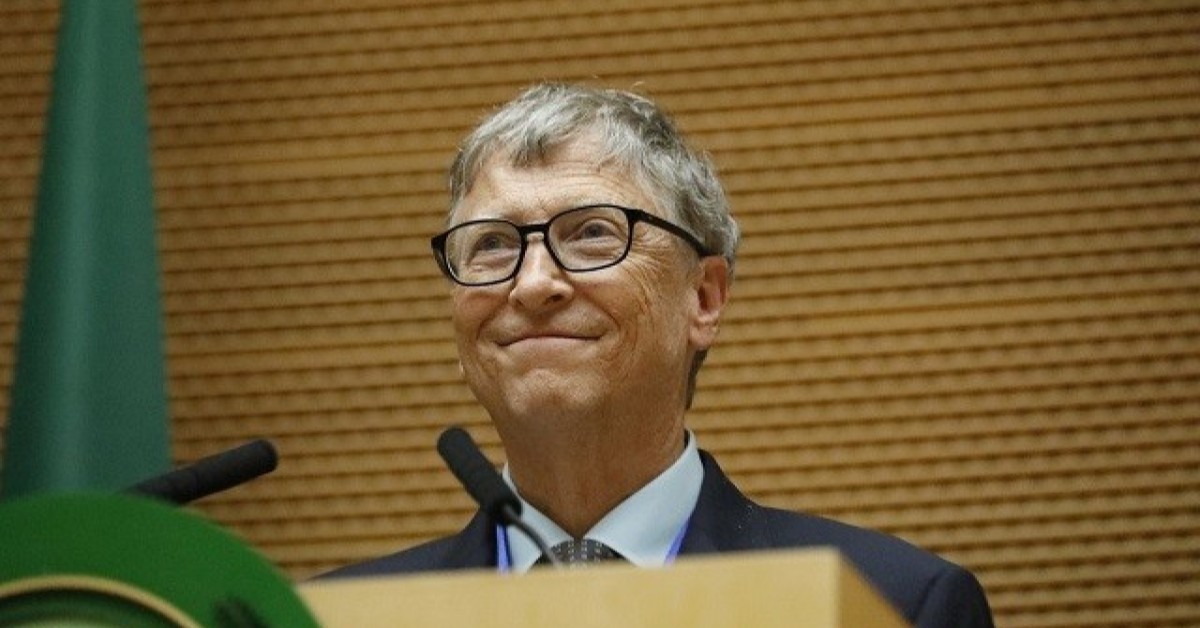
ETHIOPIA – Billionaire philanthropist Bill Gates is following through on his bold promise to donate nearly all of his US$ 200 billion fortune.
In a recent speech at the African Union headquarters in Addis Ababa, Ethiopia, Gates revealed that most of the funds will support health and education projects across Africa.
Speaking on Monday, Gates explained, “The majority of that funding will be spent on helping you address challenges here in Africa.”
His pledge builds on a May 8 announcement, in which he shared plans to give away his personal wealth and shut down the Gates Foundation by 2045.
The funding will focus on three key areas: reducing deaths among mothers and young children from preventable causes, eliminating diseases such as malaria, measles, polio, and Guinea worm, and strengthening education and agricultural systems to help millions escape poverty.
Africa faces significant challenges in these areas. According to the United Nations, around 500 million people across the continent live below the poverty line.
Gates emphasized that solving these problems is crucial, noting that improving healthcare and education have always been at the heart of the Gates Foundation, which he co-founded with his wife, Melinda French Gates, in 2000.
Gates has also urged wealthy nations to increase their support for Africa. He previously told the Associated Press, “There’s less money going to Africa at a time when they need it.”
He criticized recent cuts in global aid, pointing out in a blog post that wealthy countries have slashed billions from aid budgets in the past two years.
“No philanthropic organization — even one the size of the Gates Foundation — can make up the gulf in funding that’s emerging right now,” he wrote.
Despite financial gaps, Gates praised the determination of African leaders, health workers, and partner organizations who have achieved a lot with limited resources.
He highlighted innovations like mosquito bed nets and AI-powered ultrasound tools that are helping save lives.
“I’ve always been inspired by the hard work of Africans even in places with very limited resources,” he said. “The kind of field work to get solutions out, even in the most rural areas, has been incredible.”
Since opening its first office in Addis Ababa in 2012, the Gates Foundation has expanded across Africa, with additional offices in Kenya, Nigeria, South Africa, and Senegal. Gates believes these efforts can drive lasting change.
“By unleashing human potential through health and education, every country in Africa should be on a path to prosperity – and that path is an exciting thing to be part of,” he said.
As part of this long-term plan, the foundation is investing US$ 30 million in a new artificial intelligence platform to support African researchers and innovators in creating practical solutions for health and development.
Another US$ 40 million will help African manufacturers produce new mRNA vaccines, boosting local vaccine production and access.
Over the past 20 years, the Gates Foundation has worked closely with African partners, supporting over 100 innovations and helping to save more than 80 million lives through efforts with Gavi and the Global Fund to Fight AIDS, Tuberculosis, and Malaria.
XRP HEALTHCARE L.L.C | License Number: 2312867.01 | Dubai | © Copyright 2025 | All Rights Reserved